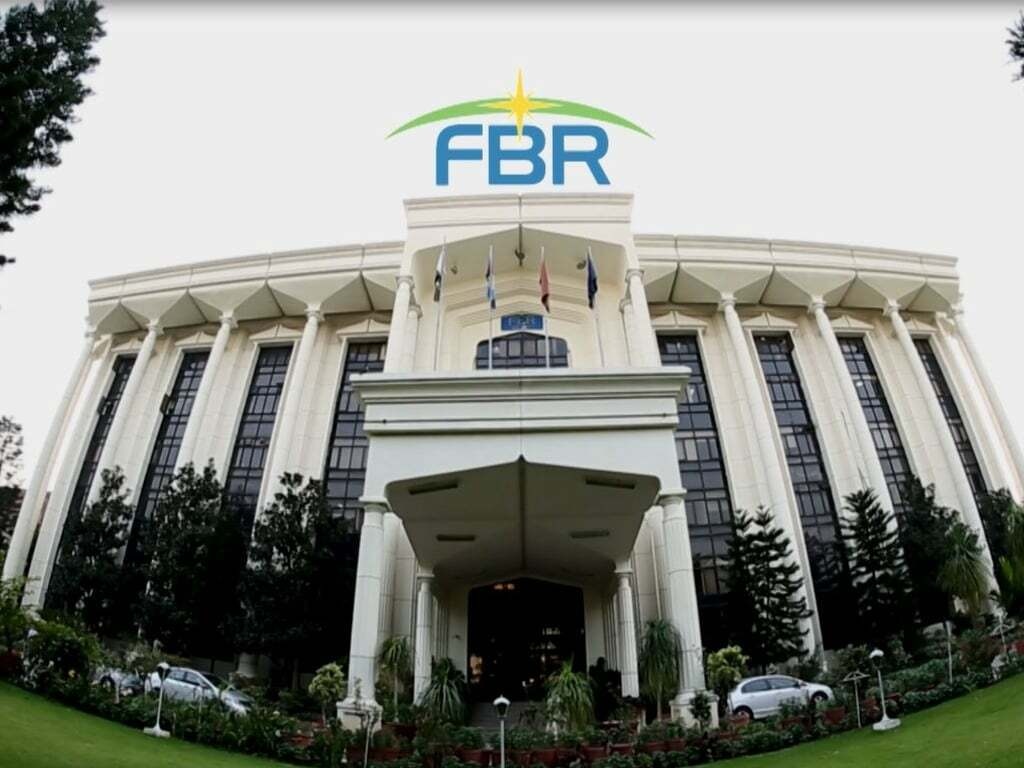Pakistan Unveils Simplified Digital Tax System to Boost $47 Billion Revenue Goal
ISLAMABAD – In a bid to broaden its narrow tax base and improve compliance, Pakistan’s Federal Board of Revenue (FBR) has launched a simplified digital tax return system for salaried individuals, the Prime Minister’s Office announced Tuesday. The initiative forms part of a broader economic reform agenda aligned with Pakistan’s commitments under the $7 billion IMF program.
Despite a population exceeding 240 million, Pakistan struggles with one of the lowest tax-to-GDP ratios in the region. The new digital filing system aims to streamline tax processes, making it easier for salaried workers to file returns and increasing overall participation.
Part of Broader Economic Reform
The reform is a key structural benchmark under the IMF-backed stabilization plan. During a high-level meeting on tax reforms, Prime Minister Shehbaz Sharif emphasized the importance of transparency and accessibility. He instructed the FBR to ensure third-party validation of reforms and launch a public awareness campaign to encourage tax filing.
The prime minister also directed that the system be expanded to other taxpayer categories by July 30, with Urdu-language versions to be introduced for improved accessibility.
Targeting Record Tax Revenues
The move comes as the government targets a record tax collection goal of Rs14.13 trillion ($47.4 billion) for the fiscal year 2025–26—a 9% increase from the previous year. Officials stress that meeting this target is vital to reducing dependency on foreign debt and achieving fiscal sustainability.
Sharif praised the FBR’s adoption of artificial intelligence (AI) in tax assessments, calling it a “milestone” in modernizing Pakistan’s tax infrastructure. He also urged the introduction of special facilities for small and medium enterprises (SMEs) to ease their integration into the digital invoicing system.
IMF Endorsement with Caution
Speaking at a recent seminar, IMF representative Mahir Binici acknowledged Pakistan’s reform progress in restoring macroeconomic stability and improving investor confidence. However, he cautioned that ongoing geopolitical tensions and global economic uncertainty pose serious risks.
“Structural reforms remain central to Pakistan’s long-term economic sustainability,” Binici said, highlighting the need to improve tax equity, enhance the business climate, and support private-sector-led investment.


